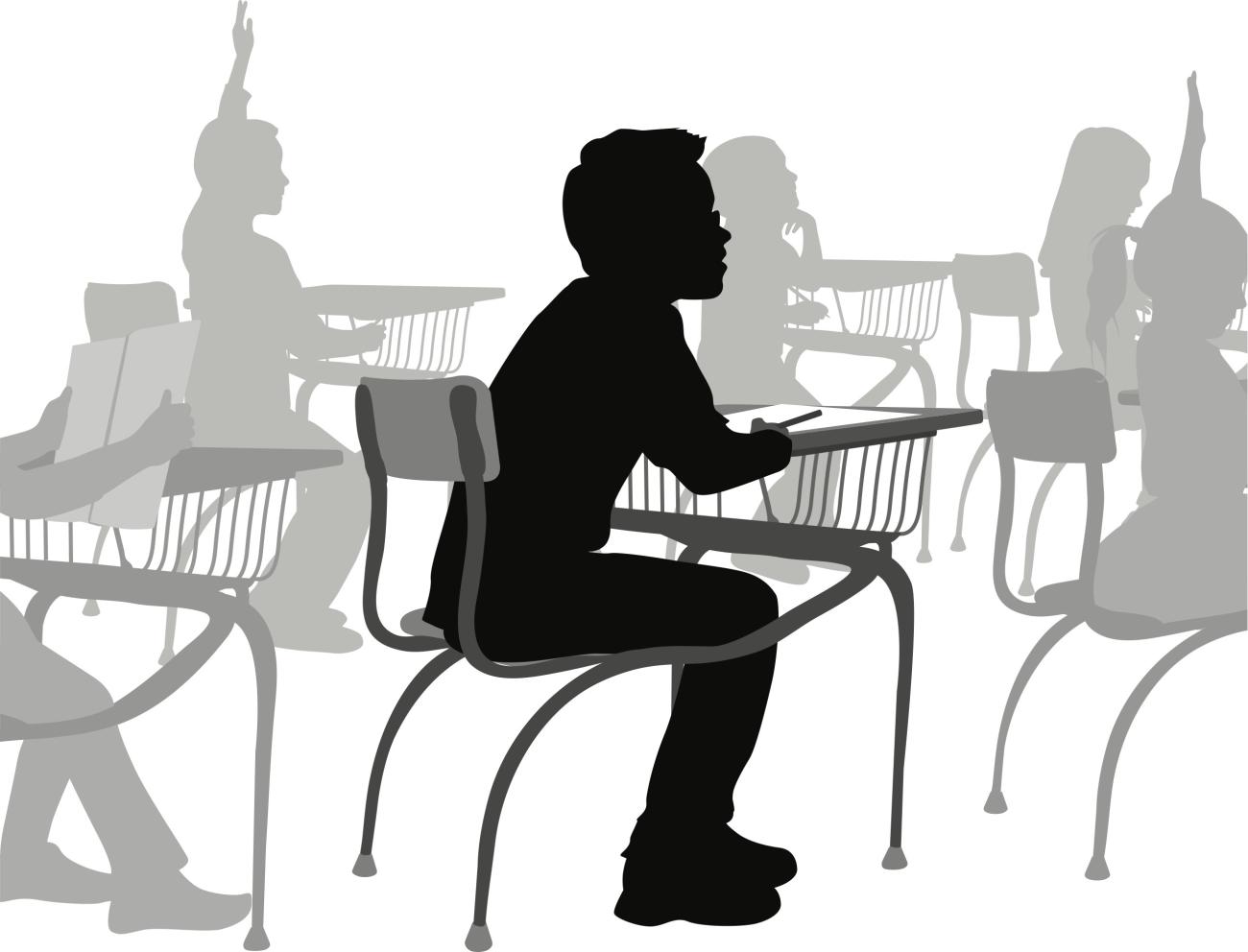
Bridging an economic divide between home and school
There can be a vast disconnect between families from high-poverty backgrounds and the schools their children attend, says Amado Padilla, professor of education at Stanford Graduate School of Education (GSE). This gap is exacerbated when parents aren’t fluent in English and need to work several jobs—making attending school-based events like parent-teacher conferences difficult.
On this episode of School’s In, Padilla joins GSE Dean Dan Schwartz and Senior Lecturer Denise Pope to talk about his ongoing research and advocacy work with the Buena Vista Mobile Home Park, a low-income community in Palo Alto that is home to 400 mostly Hispanic residents—including 100 school-age children—living in 110 family residences.
Though many are drawn to Palo Alto for its abundant resources, bridging the cultural and economic divide between school and home is tough for the park’s families. “There are community resources they can take advantage of to some extent, like public libraries,” Padilla says. “But there’s only so much you can do when you’re working two jobs, when you don’t speak English, when you don’t have a lot of education yourself.”
In an effort to create a special after-school space for the park’s children, Padilla created a biweekly homework club. “The idea was that this would be their club space—a place to read, get homework help, play with each other,” he says of the group, which is staffed by Stanford and local high school students. “A place where they could see somebody cared for them.”
You can listen to School's In on SiriusXM Insight channel 121, Apple Podcasts, Google Podcasts, Spotify, Stitcher and Soundcloud.
Faculty mentioned in this article: Amado Padilla



